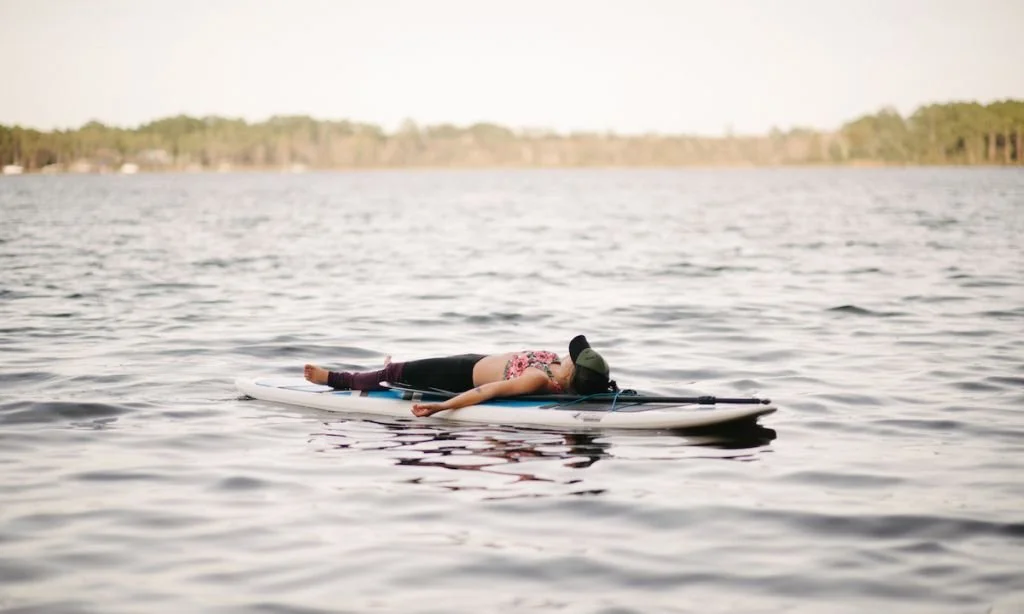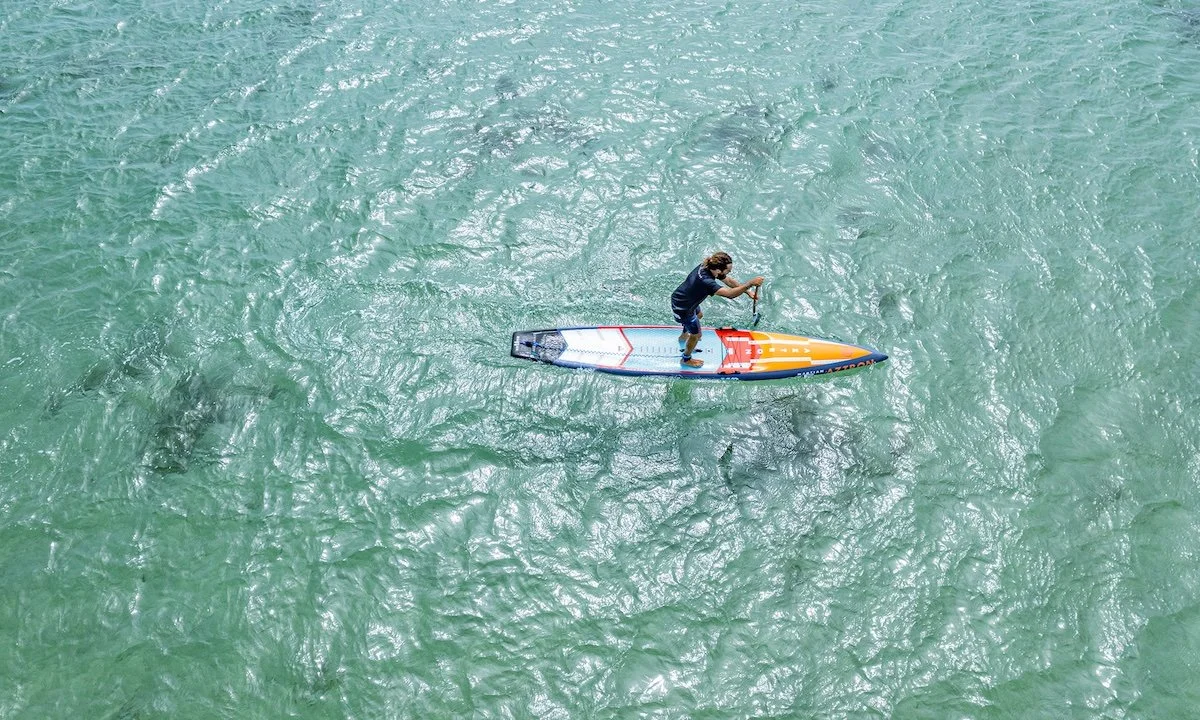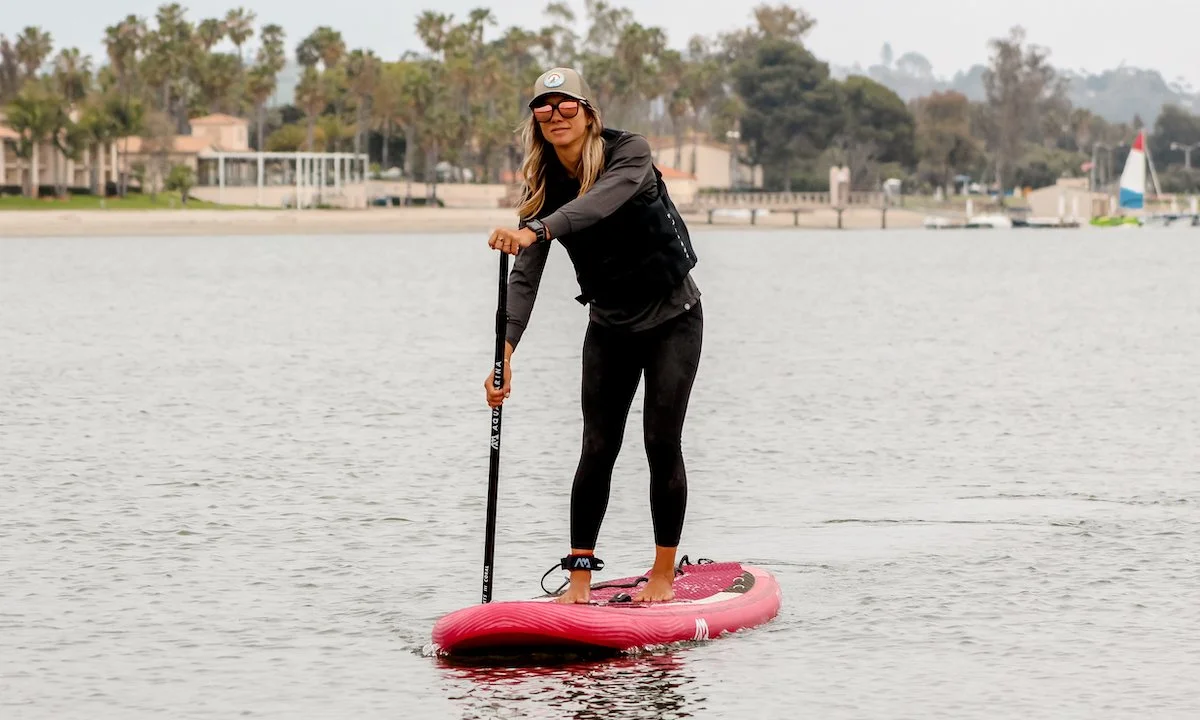How Can Sound Sleep Prevent Injury And Boost Your Sup Performance?
Photo: Audrey Renee
Stand Up Paddle (SUP) is considered such a safe sport that it is commonly recommended for children adults alike. However, if you want to reduce your risk of injury while you are out at sea, or if you take part in competitive events, ensure that sleep is an important priority in your daily life. A 2017 study published in the Orthopedic Journal of Sports Medicine found that the most common injuries for the sport were muscle/tendon (50.4%) followed by joint/ligament issues (22.6%). The researchers concluded that ensuring adequate rest is key, as is a training program that addresses technique, strengthening, and flexibility of injury prone regions like the shoulder, elbow, and back. Sleeping well will not only boost your athletic performance, but also help you recover if you have had an injury. Read on to discover why sleep is key for SUP enthusiasts wishing to give their sport their all!
Muscles and Tendons Rejuvenate as We Sleep
The above-mentioned study noted that some SUP activities are riskier when it comes to muscle and tendon damage. These include endurance paddle and sprints on the board. As noted by prominent physical therapist, John DeLucchi, “If you want to upgrade your athleticism, decrease your risk of injury, decrease persistent pain, recover faster, have more energy and perform better, sleep is critical.” When you sleep, increased blood flow reaches muscles, bringing them much-needed oxygen and nutrients for repair. During the stage of deep sleep, meanwhile, the body produces the maximum amount of Human Growth Hormone (HGH), which is key to muscle growth and repair.
Photo: Aztron
What is quality sleep?
Getting enough ‘quantity sleep’ is pretty easy; all you need to do is aim for seven to nine hours a night minimum. Frequent SUP-ers take note: American Academy of Sleep Medicine research has found that by extending your nightly sleep, you can improve your energy levels, reaction times, and even your mood – which is fabulous for group paddling days. Quality sleep is a bit more difficult to obtain every night than good sleep quantity. It involves various things, including falling asleep within 30 minutes of getting into bed, and waking up no more than once nightly.
The Importance of the Right Sleep Environment
Quality sleep essentially involves making your way through all the sleep stages – including (as mentioned above) deep sleep – which is so important for muscular and general health. To do so, you should sleep at the same time every night, avoid televisions and gadgets in the evening, consume non-stimulatory foods, and sleep in a dark, cool bedroom. Consider blackout curtains if necessary and make sure your bedroom is soundproof. Your bed quality is also crucial; finding the time to read mattress reviews will show you that depending on the position you sleep in, you will need a particular style of mattress. For instance, back and tummy sleepers should opt for extra firmness so they do not wake up with back ache.
Photo: Supconnect, featuring the Aqua Marina Coral
What happens when athletes don’t get enough sleep?
Especially if you are into endurance SUP, take note: good sleep quantity and quality are vital. A 2016 American Academy of Sleep Medicine study found that sleep deprivation results in decreased peak power, response speed, and lower endurance in athletes. In this study, athletes who were sleep-deprived had a lower expenditure during sub-peak phases of exercise, and decreased maximal aerobic power. Their sub-maximal and peak heart rate were also reduced.
For more from Jennifer Dawson, click HERE.



